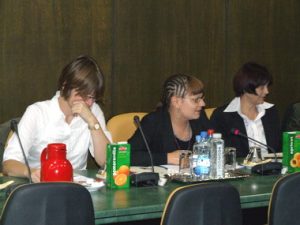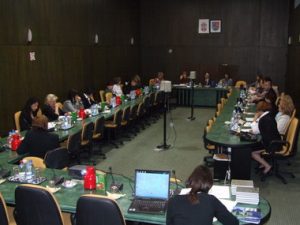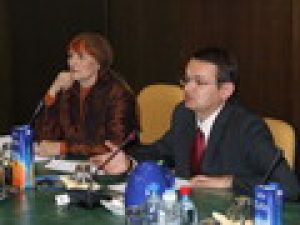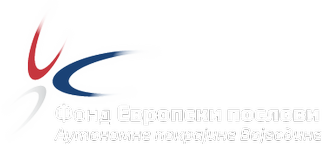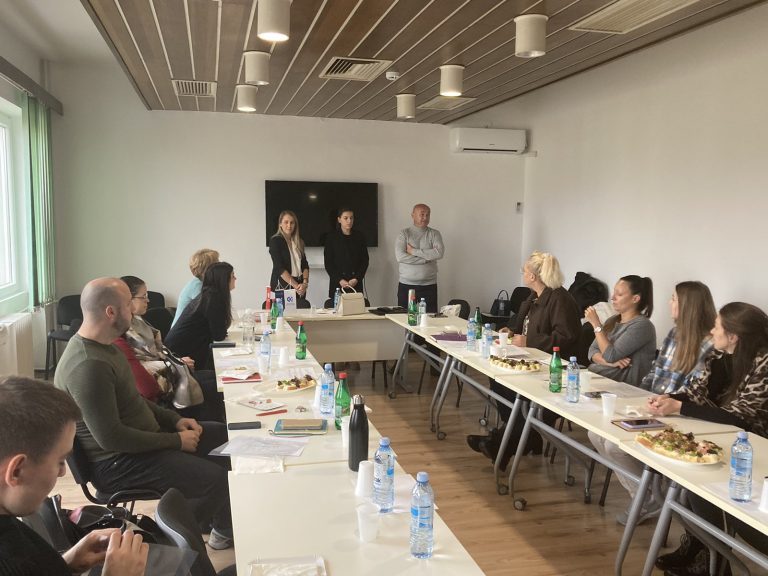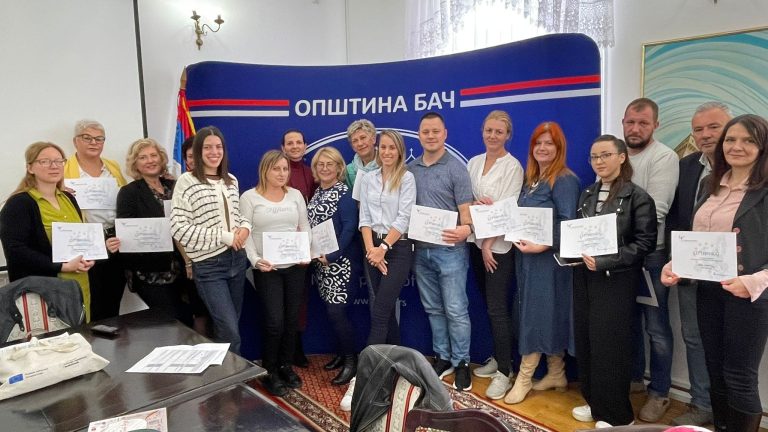Women in Public Administration in Serbia and EU: Past, Present and Future
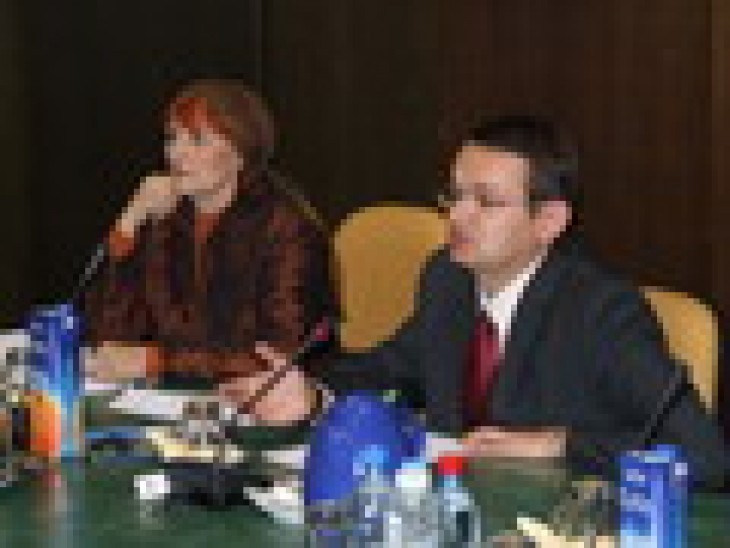
Novi Sad, 24 September – “The consolidation of an adequate position of women in public life is an important condition for further social development”, said Predrag Novikov, Director of the Office for European Affairs at the round table “Women in Public Administration in Serbia and EU: Past, Present and Future”. The participants in today’s meeting at the Executive Council of the Autonomous Province of Vojvodina, which was organized by the Office for European Affairs, were the following representatives: of the Council of Europe Office, OSCE, Embassy of the Republic of Hungary, Ministry of Foreign Affairs of Republic of Serbia, Ministry of Labour and Social Policy, Provincial Secretariat for Labour, Employment and Gender Equality, Provincial Ombudsman of the Autonomous Province of Vojvodina, Guarantee Fund of the Autonomous Province of Vojvodina and Institute for Gender Equality. The meeting provided an opportunity for exchange of views among the participants, who tried to bring the topic to closer public attention in their presentations.
Equal participation of men and women is possible to achieve in all aspects of public and social life, especially equal power division and leadership participation, i.e. in the decision-making process by following the principle of gender equality. Those are also the indicators of a democratic society and a precondition for the decisions to protect the interests of both genders and the specific needs of men and women. The representatives of the Council of Europe Office said that creating more room for women to participate in social and political life under the same conditions was also important from the aspect of European integration and sustainable legal system in our country. Expert opinion on the issues of the position of women in Serbia is that it undergoes general legal provisions of children benefit and maternal leave. A general law on prevention of discrimination has not been brought, and the Draft Law on Gender Equality is still on the waiting list to be adopted. The representative of the Hungarian Embassy added that legal framework was very important for achieving gender equality, however, in the experience of the Republic of Hungary, awareness raising and education in that area was important.
The OSCE representative emphasized that Vojvodina was a leader in institutionalizing gender equality and that the Law on Gender Equality would be a bridge to local mechanisms. At the National Employment Service, two programmes are being implemented with reference to achieving gender equality and introducing gender aspects into the decision-making process, so that the interests of both genders could be represented. This is especially important considering the fact that more than a half of all the unemployed in Vojvodina are women. Moreover, Goran Vasi?, Director of the Guarantee Fund of the Autonomous Province of Vojvodina, said that the activities of the Fund were aimed at women and that their credits contributed to the enhancement of women’s employment rate, who submitted their applications for provincial funds under favourable conditions.
